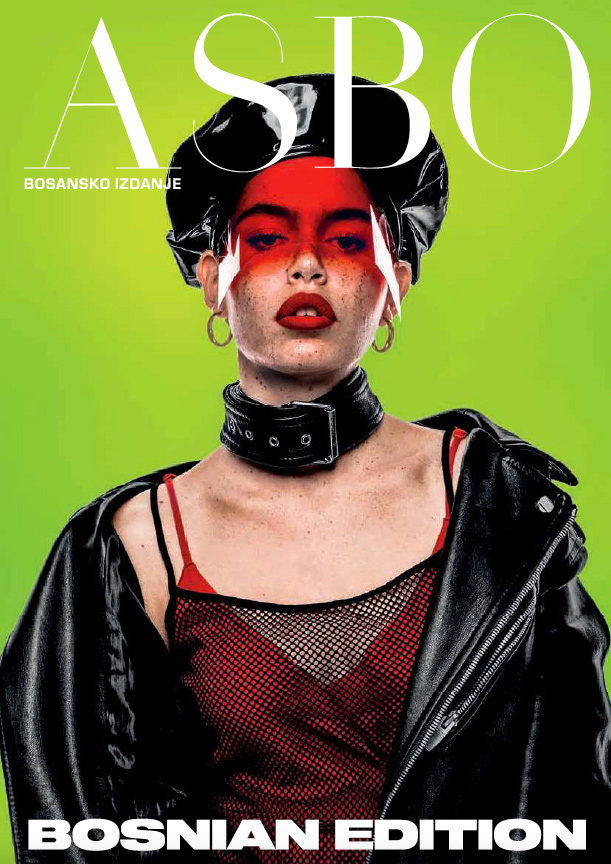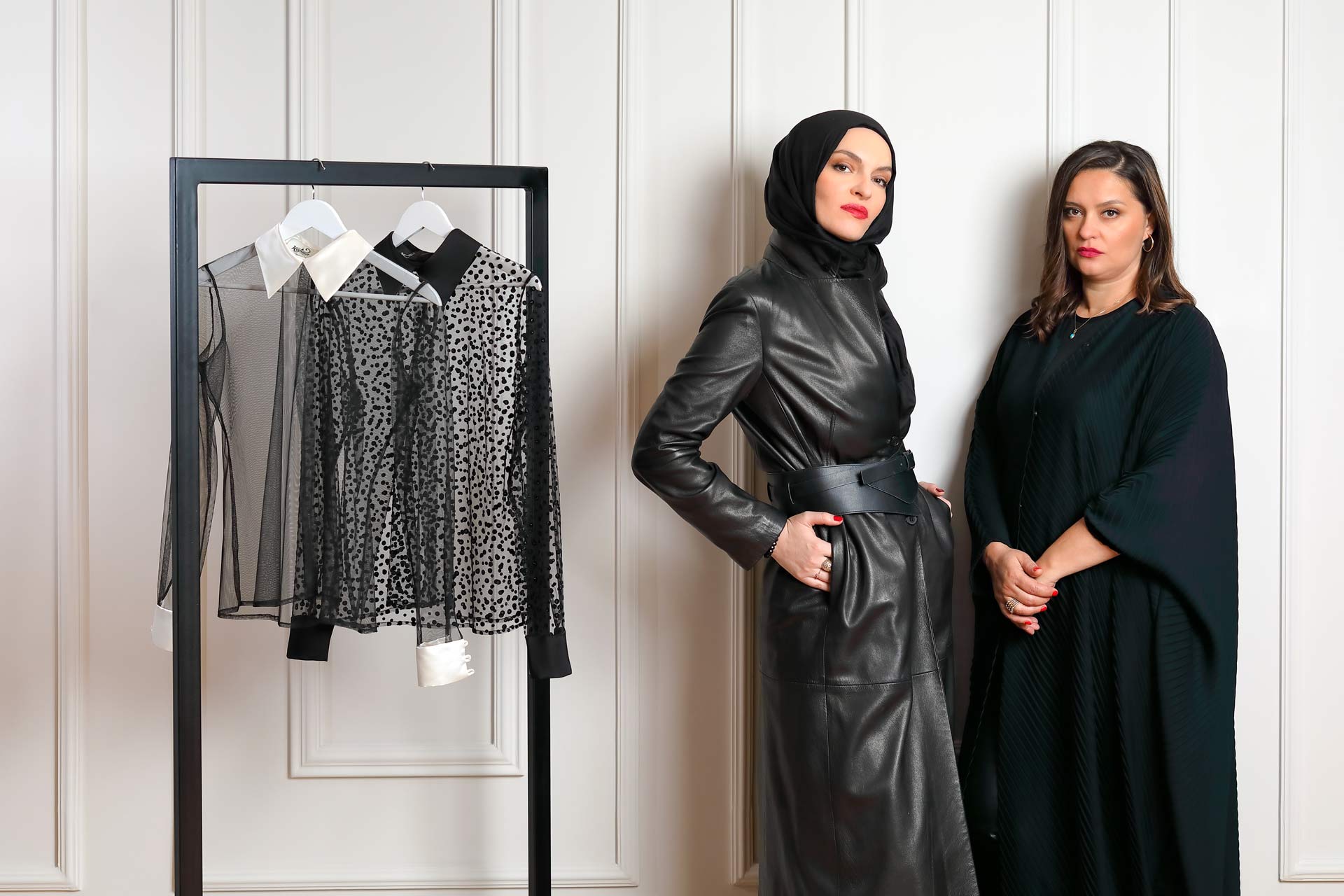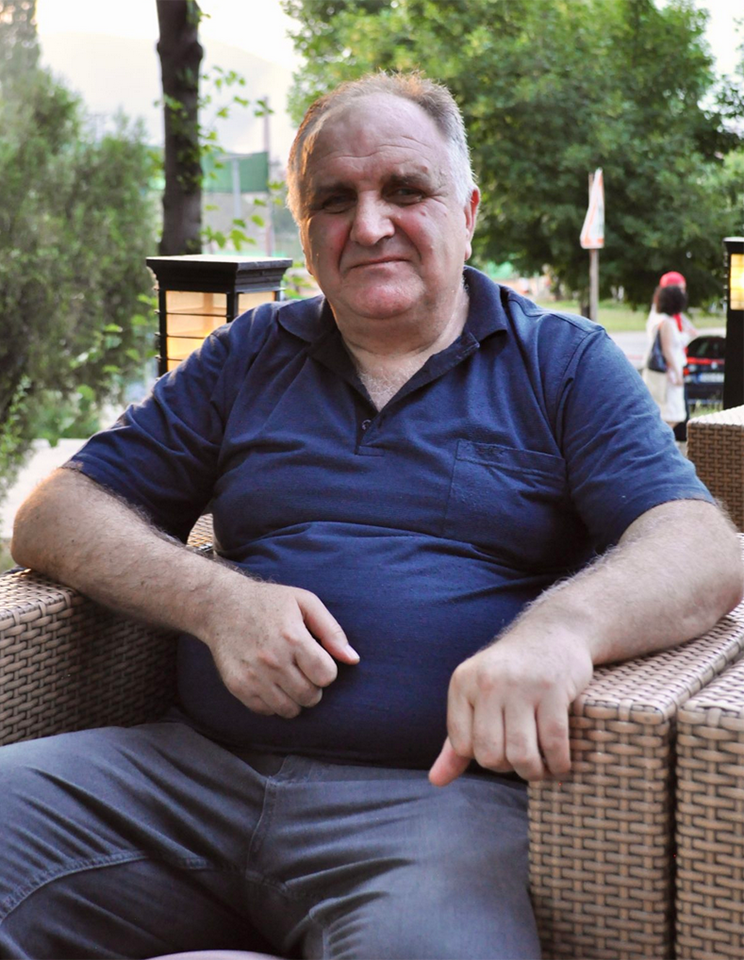MIR
Country: Bosnia and Herzegovina (BiH)
Participants: Balkans Diskurs youth correspondents
Irvin Mujčić, 32, returned to Srebrenica in 2014 having been forcibly exiled aged 6 during the war. His father who stayed in Srebrenica was killed during the genocide. He founded the Association of Friends of Nature in Srebrenica and started organising tours in the villages and developing rural tourism. He is dedicated to restoring Srebrenica’s local community through celebrating its untouched nature. He has now built his own ethno-village using traditional building methods, a touristic settlement resembling traditional Bosnian villages that also offers riding and walking tours.
© Ahmedin Dozić and Story by Edina Šečić
MIR is an annual magazine published by the Post- Conflict Research Centre (PCRC), a Bosnian peacebuilding organisation. Packed with images and features, it contains 56 stories that showcase the beauty of Bosnian’s landscape, the richness of its culture and the creative entrepreneurship and energies of its peoples.
PCRC is a peacebuilding organisation that has been strategically harnessing creative visual and multi-media to foster a culture of peace and co-existence in Bosnia since its inception in 2011. Engaging in peace education, conflict prevention, human rights and participatory media activities, the Bosnian led organisation produces films, commissions photographic exhibitions and initiatives, hosts the online media platform Balkans Diskurs, and organises public art works and festivals. All its activities forge narratives that create common ground and foster dialogue, diversity and tolerance in a divided BiH.
Over 25 years since the end of the war and despite billions invested in transitional justice and international peacebuilding mechanisms, Bosnia’s peace continues to be fragile. Ethnic divisions between the three constituent peoples have become entrenched, frozen into the tripartite presidency, government, l and educational systems with nationalist agendas fuelling separatist rhetoric and obstructing reconciliation efforts. Competing and conflicting views of history dominate public, political and media discourses and many young Bosnians grow up with selective and inherently divisive versions of the past in a country with one of the highest youth unemployment rates in the world.
PRCR uses creative multi-media to address polarizing and negative media content, the lack of role models and focuses its efforts on building youth capacity and countering youth apathy and disillusionment. Ordinary Heroes, one of its flagship projects, tells the stories of people who during times of conflict go against the grain to protect and save people from different ethnic groups and different sides of the conflict to themselves. Each year, PCRC runs a youth media training and mentoring programme and its youth correspondents hunt out ‘Ordinary Heroes’ stories from within their own communities to celebrate examples of inter-ethnic co-operation and moral courage.
Launched in 2022, MIR showcases photography and stories by Balkans Diskurs youth correspondents and emerging Bosnian storytellers and changemakers. Disseminated throughout the country, the features range from stories about successful young creative innovators and business owners to travel, inter-ethnic music projects and cultural heritage features. Highlighting positive stories of young Bosnians forging new futures and examples of successful inter-ethnic collaboration, the publication normalises inter-ethnic coexistence and presents diversity as a sign of prosperity to be cherished rather than a point of contestation. Projecting an image of Bosnia as proud, dynamic and resilient, the plural stories in MIR show how peaceful co-existence not only is possible but that they can provide the conditions to enable the country to sustain peace and to thrive.

ASBO front cover

MIR front cover
Hanas Kovačević is a retired police officer from Zenica who has been using his law enforcement experience and social connections to reconnect friends, acquaintances, and families who have fallen out of contact as a result of the war in Bosnia and Herzegovina (BiH) or other complications in peacetime. He has connected thousands of people or, as he says, he has “solved cases.”This work has made him well-known even beyond the borders of BiH.
© Selma Mašić
‘The stories say that if peace is possible on a small scale then it is possible on a grand scale’




